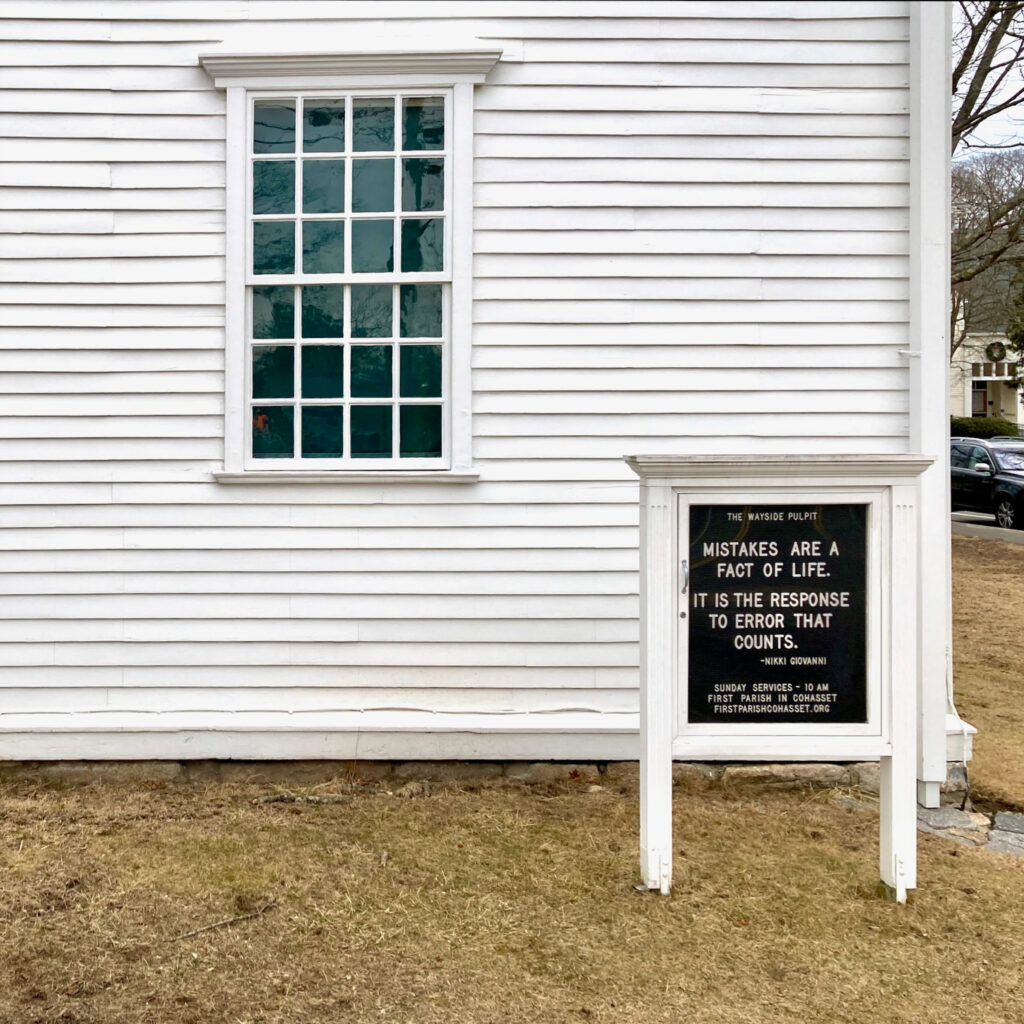Over the past week, I’ve been writing a series of posts about bullies in the workplace —although I prefer the terminology of Robert I. Sutton, professor of business at Stanford University, who calls them “assholes,” not “bullies.” Now I’d like to consider the opposite of assholes. And what, you ask, is the opposite of an asshole? — it’s a boss who’s nice but incompetent.
Back in 2012, Sutton wrote a blog post titled “Are incompetent and nice bosses even worse than the incompetent assholes?” This post is based on a chapter from his book Good Boss Bad Boss, in which he describes in some detail what a good boss looks like. Sutton says that “one of the most personally troubling lessons I’ve learned (or at least am on the verge of believing)” is this:
“I am starting to wonder… if nice but incompetent bosses are even worse (at least in some ways and at certain times) than competent assholes.”
Sutton then includes an excerpt from his book Good Boss Bad Boss which gives a vivid portrait of a nice-but-incompetent boss:
“People may love that crummy boss so much they constantly excuse, or don’t even notice, clear signs of incompetence. For example, there is one senior executive I know who is utterly lacking in the necessary skills or thirst for excellence his job requires. He communicates poorly (he rarely returns even important e-mails and devotes little attention to developing the network of partners his organization needs), lacks the courage to confront — let alone fire — destructive employees, and there are multiple signs his organization’s reputation is slipping. But he is such a lovely person, so caring and so empathetic, that his superiors can’t bring themselves to fire him.”
So does this apply to Unitarian Universalist clergy? You bet it does. If you’ve been around Unitarian Universalism long enough, you’ll be able to think of clergy who were kind, gentle souls whom everyone loved — and who drove their congregation into the ground because of their incompetence. I started working as a Director of Religious Education (DRE) in 1994, and I remember hearing from other DREs about ministers who were good and nice people, but who were horrible to work for because they lacked necessary skills, had no thirst for excellence, communicated poorly, lacked the courage to confront poor employees, didn’t develop the network of partners the congregation needed, etc. — just like the senior executive that Sutton writes about.
But remember that the ultimate boss of a Unitarian Universalist congregation is the board. And in my experience, boards of congregations can also be nice-but-incompetent. Back in the 1990s, I remember one board that was so nice that they refused to terminate a destructive employee, even though that one employee was causing massive turnover in every other staff position. I’ve also seen boards that were poor communicators, that neglected to develop a network of partners, etc.
Whether it’s a nice-but-incompetent board, or a nice-but-incompetent minister, it can be very unpleasant to work under them — ask any DRE who has worked under a nice-but-incompetent boss. Sure, they’re really nice people. But they will not protect you from another staff person who’s destructive. They will not communicate effectively with you. They do not have the skills they need to lead effectively. They will not develop networks that bring in resources that will help you do your job. And because they’re so nice, they will never get fired. Finally, to point out the obvious, whether you’re paid staff and to volunteer staff, it’s equally painful to work under a nice-but-incompetent boss (it might even be worse for volunteer staff, because you’re not even getting a salary).
Sutton concludes his blog post with some advice:
“There are two lessons here. The first is for bosses. If you are well-liked, civilized, and caring, your charms provide protective armor when things go wrong. Your superiors are likely to give you the benefit of the doubt as well as second and third chances — sometimes even if you are incompetent. I would add, however, that if you are a truly crummy boss — but care as much for others as they do for you — stepping aside is the noble thing to do.
“The second lesson is for those who oversee lovable losers. Doing the dirty work with such bosses is distasteful. But if rehabilitation has failed — or things are falling apart too fast to risk it — the time has come to hit the delete button.”

Part of a series of posts on clergy and bullying — Sigh. Not Again. — What ministerial bullying looks like — What ministers didn’t learn in theological school — When clergy get bullied — The opposite of a bullying boss

